Organizations take products too seriously and sales are expected to flog them.
They think products convey value and stress features, cool technology and price as the reasons why people should buy.
The product-centric strategy is flawed
Products don’t make companies or sales organizations great. In a marketplace where benchmarking and best practices are relied on as the main vehicle of innovation, virtually every company in a given product space offers similar products — which makes the sales process extremely difficult if not impossible.
The smartphone sector, for example, has a number of participants whose products, give or take, are essentially the same in terms of functionality and price.
Market participants claim that they have different features and that their prices are more attractive than others, but essentially they are all the same.
If products are relatively equal across all competitors, why are some companies awesome and others not so much? And why is the selling function easier and more effective in some and not others?
It has little to do with products.
Rather it has everything to do with the company; the culture an organization wraps around its products and services; the context it provides for customers to engage with them.
The culture sells
These 12 uncomplicated moves enable organizations to provide the WOW! cushion to sell their products.
1. They recruit sensitive and caring salespeople who have an innate desire to help others rather than place all the emphasis on their academic qualifications and related experience.
2. They have salespeople who make technology “friendly”; dumbed down to express the value it creates for people rather than emphasizing the coolness of what it does. Technology intimidates some; they get that and try to remove the mystique.
3. They create sales policies and rules created to make it easy for customers to transact with them, not control the terms of engagement. Salespeople never use the words “It’s not our policy.”
Special deals go to loyalists
4. They offer special sales promotions and deals first to their existing loyal customers rather than use them as an incentive to attract potential new customers.
They look at special deals as a reward for customer loyalty not as a tool to entice new customers away from their current supplier.
5. They make substantial investments in the local communities where they operate and emphasize their employees and the amount of personal time they give to the volunteering effort.
6. Their sales team routinely communicates with customers keeping them abreast of what’s new and available to them. They don’t believe in mass communications; they personalize each message to make it as meaningful and relevant as possible to each recipient. Phone calls rather than email dominate the process.
7. They proactively reach out to their customers with lower cost product and service alternatives which could save them money over what they are currently using. Their priority is to ensure each customer has the most cost-effective solution.
Casual is the word
8. They have a fun esprit de corps culture where employees are allowed to be casual with customers. Informality puts customer engagement at ease and has them leaning in rather than leaning out.
9. They empower their service personnel to make decisions to resolve customer issues fast without the need to escalate the matter to their supervisor. They trust that their frontline will make balanced decisions that represent the needs of both the customer and the organization.
10. Sales are willing to provide advice to a customer to seek another organization’s product when they are unable to satisfy the customer’s need.
11. They have people available to take the customer’s call as an alternative to being managed by call answer technology. Their customer contact strategy is to make it easy for people to engage with them, not to force customers into using a tool of technology.
12. They treat their call centers as “loyalty centers” with the emphasis on taking care of the customer rather than processing their call quickly. Maintaining customer loyalty is the focus, not managing costs.
People don’t buy products
They buy the instruments of organizations they admire, respect and are comfortable with; whose ideals match their own.
Organizations that want to stimulate product sales should build the right culture and sales will take care of themselves.



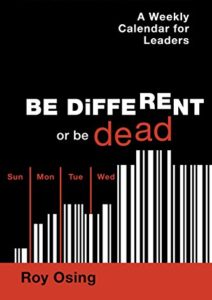
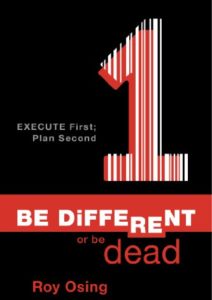
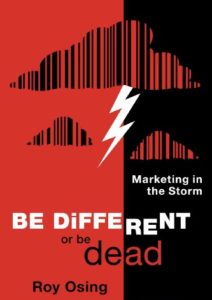
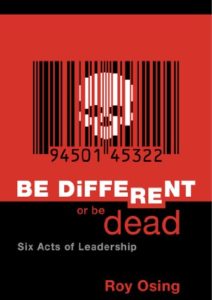
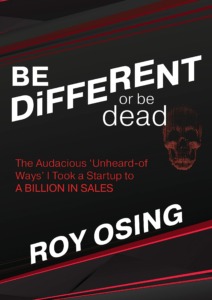
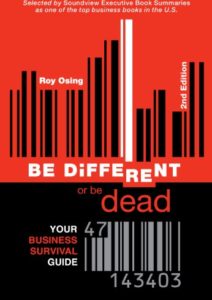
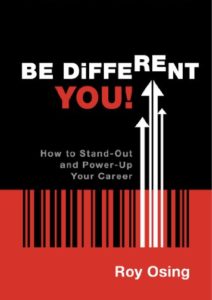











































Comments